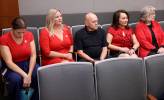‘Lost Boy’ of Sudan finds success in Las Vegas

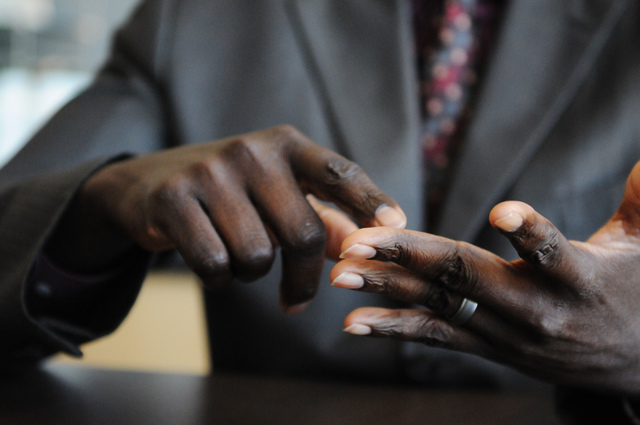
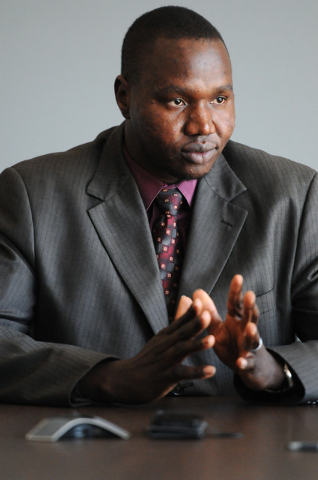
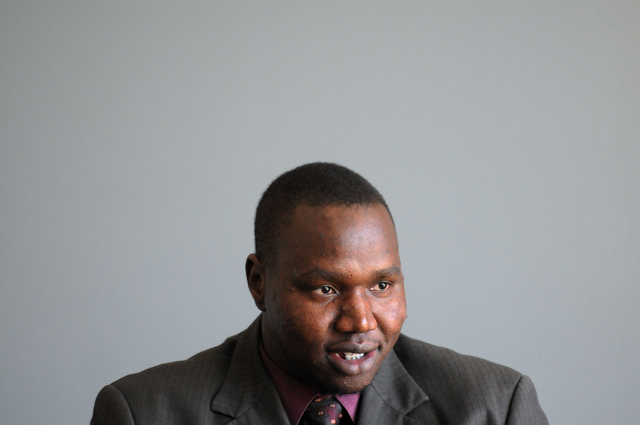
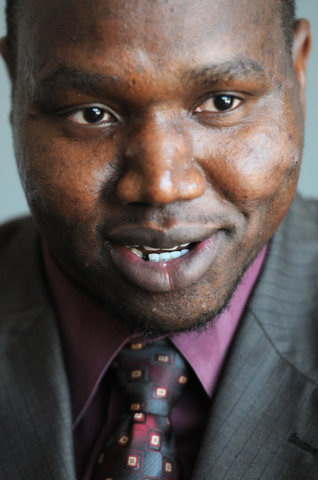
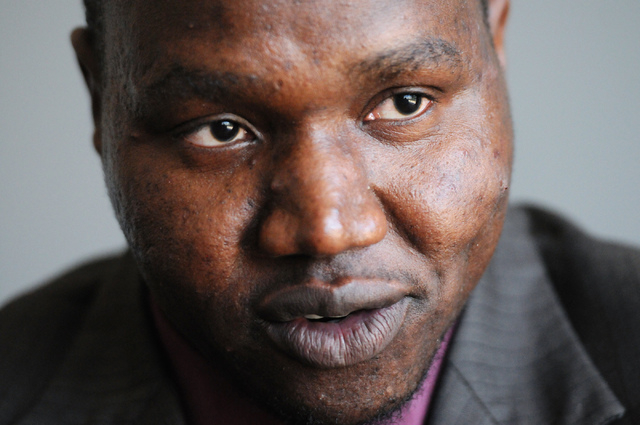
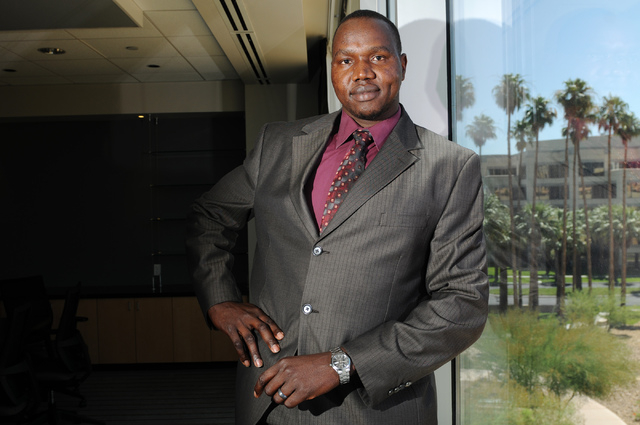
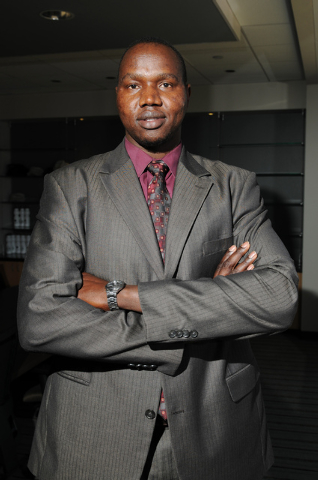
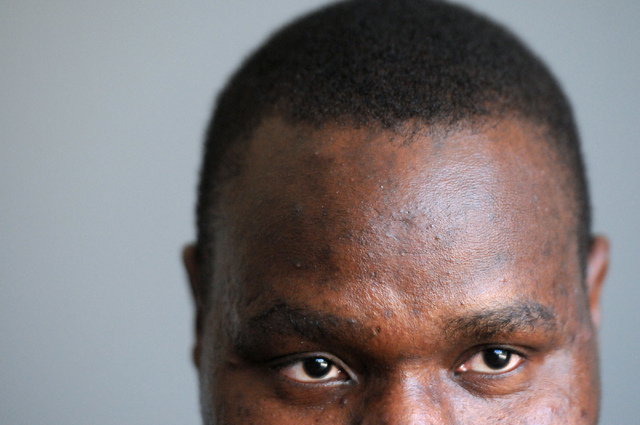
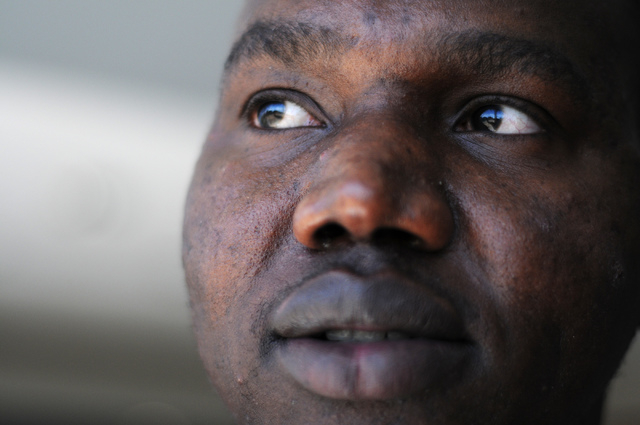
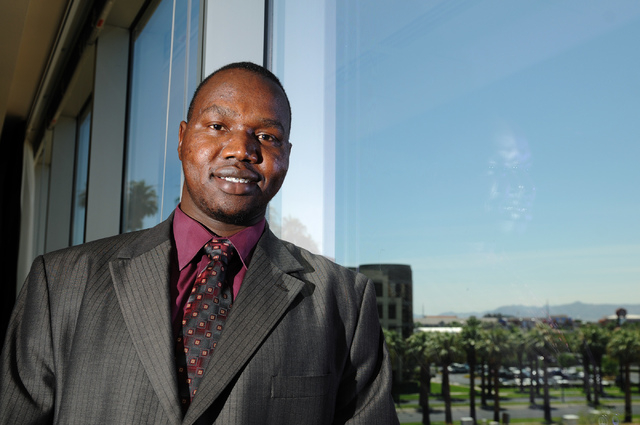
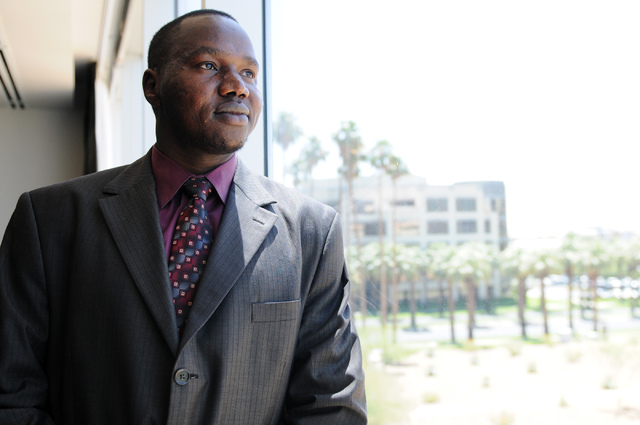
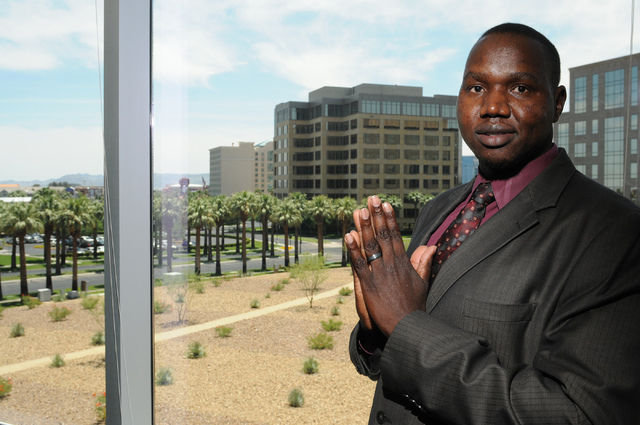
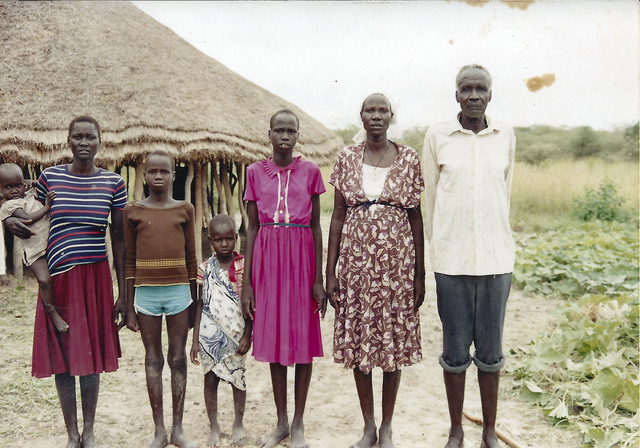
Biar Atem was in the fields looking over his father’s cattle when he saw bombs rain down on his Sudanese village.
Just a 7-year-old boy at the time, Atem abandoned the cattle and fled for his life in 1987 with other children, becoming refugees of the second Sudanese Civil War. The war began in 1983 and ended in 2005.
Atem, now 34 years old, still remembers what his family would tell him and the other boys in their last days together: “You guys are going to be the seeds of South Sudan if you do survive,” he said.
Atem is one of about 30,000 “Lost Boys of South Sudan” who walked barefoot to a refugee camp in Ethiopia. There they stayed until 1991 when the government forced them out. They then walked back through South Sudan to the Kakuma Refugee Camp in Kenya, where they stayed until 2001.
Only one in three boys survived the harsh journey. Many died of starvation. Others died of diseases, such as malaria. Others were eaten by crocodiles while crossing the Gilo River, Atem said.
“We had the hope for a better day,” he said of those who survived.
In 2001, the U.S. State Department brought 4,000 of the boys to live in the United States, 37 of them settling in Las Vegas with the help of Catholic Charities of Southern Nevada. Atem remembers how officials at the refugee camp would write the names of the boys on a board and then add a U.S. city next to it, their future home.
“I used to go (check) every time,” he said.
Every Sunday, a plane would land at the camp to pick up 50 to 100 boys and take them to Nairobi, Kenya’s capital, where they would depart for America. One day in April 2001, Atem saw the words Las Vegas next to his name.
“I didn’t know anything about it,” he said. “We arrived at 10:30 at night, and seeing all the lights was amazing. At camp, the light we had was the natural light from the moon.”
In 13 years, he went from being a janitor at The Venetian to auditor for the Las Vegas Sands Corp.
This month, he was named one of the Heroes of the 500 for 2014 by Fortune Magazine. But getting where he’s at today wasn’t easy.
He would clean the casino from midnight to 8 a.m. and then attend the College of Southern Nevada, sleeping a few hours in the afternoon before doing it all over again. He earned an associate’s degree in business and kept on going.
He graduated from UNLV in 2010 with a bachelor’s degree in accounting and then enrolled at Regis University, a private school based in Denver that used to have a local campus, to earn his masters in business administration.
At the time, he was working full time at the casino’s warehouse. He never had much time or energy, but he had one motivation: not disappointing people back home.
“I think of myself as one of the lucky people,” he said. “I was determined and motivated to get it done.”
He became a U.S. citizen in 2007 and was promoted to auditor in July 2012 before earning his advanced degree last summer. He is now married and expecting a baby boy any day now.
“I never dreamed of being where I’m at today,” he said with a smile.
Growing up before the war, he thought he would end up like his father with nine wives and 35 children, part of the tradition in the Dinka Tribe, he said.
He is one of 18 Lost Boys who have worked at The Venetian and Palazzo. Seven of them, including Atem, are still with the corporation, said Nathaniel Gray, spokesman for the resorts.
Three top executives for the resort and its parent company — John Caparella, president and chief executive officer of The Venetian and Palazzo; Pete Boyd, the resorts’ senior vice president of operations, and Las Vegas Sands Corp. President and Chief Operating Officer Michael Leven — recently met with the Lost Boys to learn more about their story, he said.
“There’s an abundant amount of respect for them,” Gray said.
Whitney Eich, assistant director for migration and refugee services at Catholic Charities of Southern Nevada, said it’s always exciting to see these kind of positive outcomes.
“Sometimes people think of refugees and immigrants as being a drain on the economy, and that’s not the case,” she said.
Catholic Charities sees about 1,700 refugees per year, she said. The organization takes the lead in Nevada for the resettlement program. The organization receives more than $8 million a year in federal funding for its immigration and migration services, said Leslie Carmine, spokeswoman for Catholic Charities.
Most refugees become self-sufficient, but a few lose their jobs and end up back at Catholic Charities, Eich said.
“There are a lot of opportunities in this country,” Atem said.
He reunited with his family in South Sudan in 2008.
“We still think of you as a 7-year-old,” his family would tell him. But Atem had changed a lot, and so had his village of Wernyol.
“The village was not the same again” because of the war, he said. “It was nothing compared to what I used to know.”
Out of the nine children Atem’s mother had with his father, Atem lost one sister and one brother during the war.
Atem’s father died last year. His mother, two sisters and one brother are now staying at the Kakuma Refugee camp in Kenya. Another sister is staying at a refugee camp in Uganda, and other brothers are living in Juba, the capital of South Sudan.
About two weeks ago, Atem launched a nonprofit, South Sudan Center of America in Las Vegas. It’s a way to help others have an opportunity like he had.
“I want to be able to bring South Sudanese together and offer them social services,” he said.



